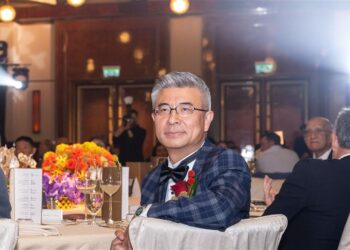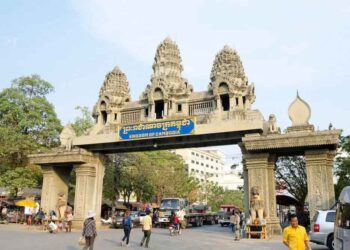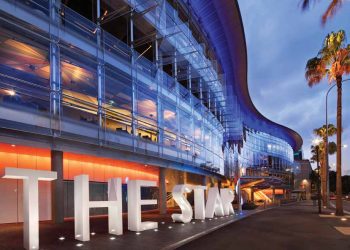Macau’s anti-money laundering efforts have been given mixed reviews at the latest meeting of the Asia/Pacific Group on Money Laundering (APG) in Sri Lanka.
The 2017 Mutual Evaluation Report (MER), conducted jointly by the APG and the Group of International Finance Supervisors, lists 11 effectiveness outcomes according to the evaluation methods stipulated by the Financial Action Task Force (FATF), the international standard-setting body of anti-money laundering (AML), counter-financing of terrorism (CFT) and combating of proliferation financing (CPF).
Of those, Macau’s effectiveness has been rated as “substantial” in six categories, with “moderate” effectiveness in three categories and “low” effectiveness in the remaining two.
The six substantial effectiveness outcomes mainly assess Macau’s efforts in international cooperation, supervision, legal persons and arrangements, use of financial intelligence, TF preventive measures and financial sanctions plus PF financial sanctions. The criteria finds that Macau has been proven to be effective across these categories in coordinating policy, annual strategic plans and recently Risk Assessment, as well as promotion and awareness raising.
However, the report found that Macau is lacking when it comes to prosecution and conviction rates for money laundering crimes.
In a statement, the Macau government said it was actively seeking to improve its anti-money laundering measures with a particular focus in recent times on the junket industry.
“In future, the Macau SAR Government will continue to improve and strengthen the supervision on the gaming sector and require its continuous attention to and compliance with the international standards of anti-money laundering and counter-financing of terrorism so as to ensure the development of the sector with integrity and quality,” it said.
“According to the MER 2017, licensing controls are robust in the Macau gaming sector for both concessionaires/sub-concessionaires and junket promoters. Macau SAR Government is taking a more stringent approach towards licensing and the supervision of junket promoters which are also subject to enforceable AML/CFT requirements.
“The MER also states that Macau has applied AML/CFT measures, including licensing and fit and proper test requirements to include junket promoters and their formal collaborators. This is a necessary response to the inherent risks of the sector and of the reliance of concessionaires/sub-concessionaires on junket promoters to undertake preliminary CDD and introduce business.
“Under the current regime, the Macau SAR Government has set up a double-scrutiny system for the market entry of junket promoters, in which the DICJ undertakes separate market entry/licensing requirements for junket promoters and their formal collaborators, in addition to the due diligence undertaken by concessionaires/sub-concessionaires before entering into a business relationship with junket promoters.”
In regard to Macau’s “low” rating on prosecution rates, the government said, “The Macao SAR acknowledges the comments from APG and long before the [mutual evaluation] process has proactively taken actions to revise the AML law and got it passed in May 2017 which aims to address the problems.”
The Asia/Pacific Group on Money Laundering was founded in 1997 and is one of the associate members of the Financial Task Action Force, an international anti-money laundering and counterterrorist financing organization. It currently has 41 members, with Macau having joined in 2001.




































